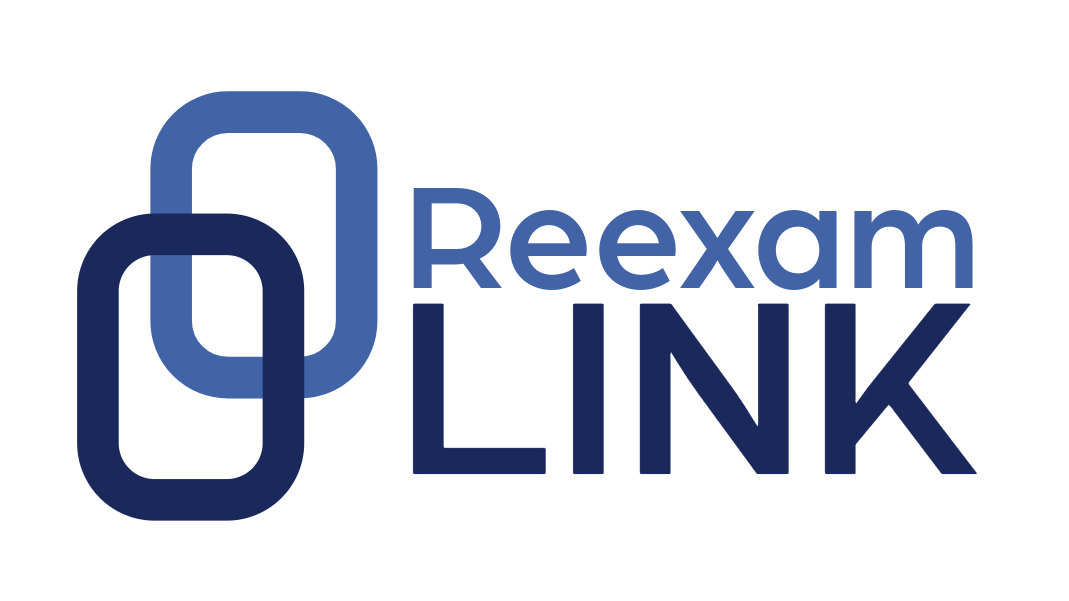On March 5, 2013, the Patent Trial and Appeal Board (PTAB or Board) provided guidance to the bar concerning routine discovery and additional discovery. (See paper 26 in Garmin v. Cuozzo, IPR2012-00001) This decision set forth five factors which are important in determining what constitutes discovery satisfying the “necessary in the interest of justice” standard under 35 U.S.C. § 316(a)(5). This decision is but one listed on the PTAB’s web page of Representative Orders, Decisions, and Notices, and as a result it is widely known and referenced by post-grant practitioners.
On July 18, 2013, in this same IPR, the PTAB provided yet more guidance concerning discovery. (IPR2012-00001, paper 50) This time the guidance relates to depositions, and in particular, the circumstances where corrective filings of deposition testimony may be filed by counsel.
Over a month after cross-examinations of its experts, Cuozzo (the Patent Owner) filed errata sheets in an attempt to correct the cross-examination testimony by its experts. A joint telephone conference was requested by the parties a few weeks later to resolve their dispute regarding the propriety of the filing of these errata sheets. The Board conducted a telephone conference on July 16, 2013 and issued an order expunging the errata sheets because they were filed without authorization and were submitted after Garmin (Petitioner) had already responded to the (allegedly erroneous) expert testimony for Cuozzo. The request also came after Garmin’s window of opportunity to conduct further cross examination of Cuozzo’s witnesses or to submit a revised reply to Cuozzo’s response or opposition to Cuozzo’s motion to amend claims.
The Board reminded practitioners that such requests must be authorized before a motion is filed:
The rules for an inter partes review do not provide for the filing of errata sheets in connection with the deposition testimony of a witness. Thus, a party intending to file an errata sheet, for whatever purpose, especially if it is to change the substantive testimony of a witness, must contact the Board and obtain prior authorization before doing so. One of the comments to the proposed rules for implementing inter partes review, post grant review, and covered business method patent review inquired about errata sheets and what is or is not acceptable in an errata sheet, and the Office’s response is that the rules do not provide for the submission of errata sheets and that a party who believes an errata sheet is necessary may request a conference call with the Board. Rules of Practice for Trials Before the Patent Trial and Appeal Board and Judicial Review of Patent Trial and Appeal Board Decision; Final Rule, 77 Fed. Reg. 48612, 48642 (Aug. 14, 2012)(Response to Comments).
IPR2012-00001, paper 50 at page 3.
The Board did not absolutely rule out the possibility of authorizing entry of errata sheets in future cases, but it set forth this guidance:
We take this opportunity to state that unless unopposed by the other party, a request to make a material change to the substance of cross examination testimony is unlikely to be successful no matter when the request is made. Error in transcription is a different matter.
IPR2012-00001, paper 50 at page 4.
The Board emphasized that a party has the ability on redirect to cure any perceived deficiency of testimony or to elicit a more complete answer.
A picture of future PTAB practice is emerging as more decisions are rendered by the Board. For an advantage in these proceedings, clients will want counsel that is versed in all of the technical aspects of the challenged invention to understand it and to be able to properly question witnesses and clarify their testimony. Counsel should also be familiar with Patent Office practice to understand what the Board will allow procedurally, and the information that the Board needs to find in the client’s favor. Counsel also should have litigation experience and deep legal knowledge to properly grasp the impact of testimony and to make sure that the record is as clear and complete as possible for the Board and any Federal Circuit appeal that may follow.

Leave a Reply